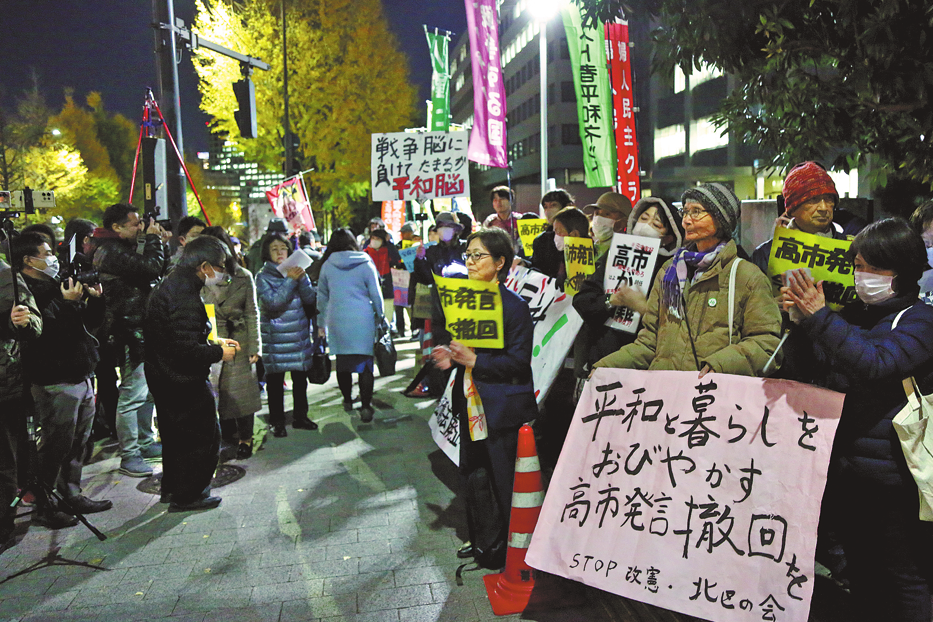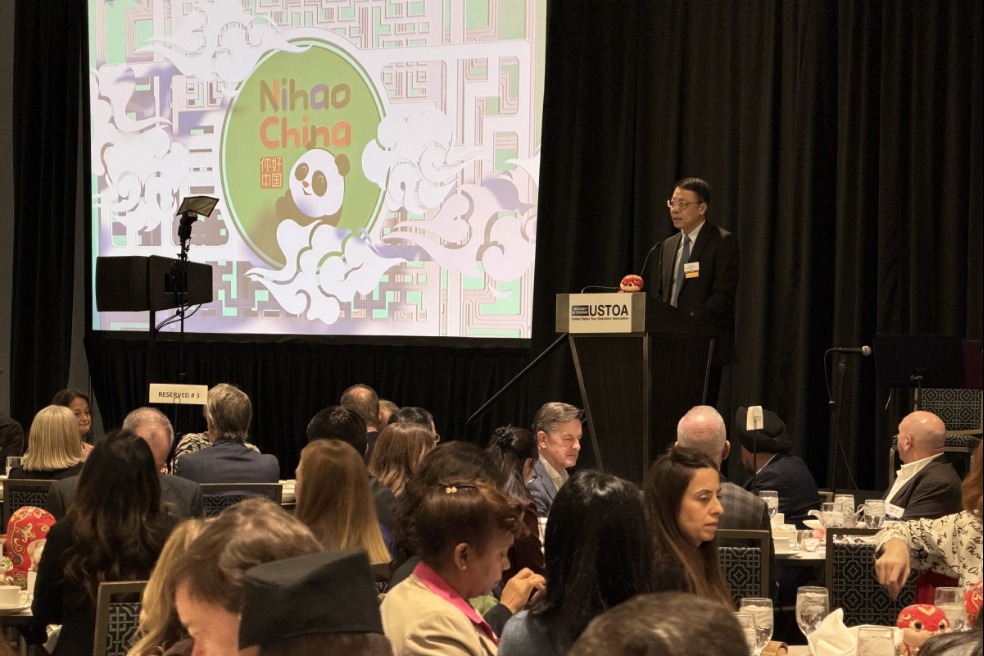Japan urged to try other means rather than release

Amid mounting international concern over Japan's discharge of nuclear-contaminated water from the crippled Fukushima Daiichi Nuclear Power Plant into the Pacific Ocean, people in Indonesia are taking a cautious stance over the dumping.
Instead of worrying about the safety of ocean food chains, analysts say Japan could have tried other means.
Fanny Tri Jambore, campaign manager on mining and energy at the Indonesian Forum for the Environment, said releasing the so-called treated nuclear water should not have been Japan's first option.
"Japan should have seriously thought about options from the beginning. Why has it no other options?" Jambore told China Daily.
Jambore said the forum and its network partner Friends of the Earth Japan had been exchanging information from the time when Japan made public its plan to dump Fukushima's radioactive water into the Pacific. "Once it is released (to sea), the condition will never be able to be restored," he said.
Earlier, House member Luluk Nur Hamidah, with the House commission in charge of industry, investment and business competition affairs, called on the Indonesian government to seriously respond to the Fukushima issue and reject the dumping of radioactive water into the sea.
Endangering seawaters
The Japanese action will pose a risk and cause ecological disaster for the world. "Surely, it will endanger Indonesia's seawaters and other parts of the Pacific Ocean," she wrote on the House website.
Andang Widi Harto, a professor who teaches nuclear and physical tech at Gadjah Mada University in Yogyakarta, said if the dumped water turns out to be contaminated, then Indonesia can respond by taking "partial anticipatory measures "like rejecting fishery and other marine products from suspected contaminated zones.
However, "if it turns out that the Japanese have acted 'carelessly', comprehensive anticipatory actions will be difficult to make because seawaters have been contaminated", Harto said.
However, many people in the country's northern regions like the Natuna islands are not aware of the Fukushima issue. Natuna is being developed into a fishery industrial zone.
Catholic pastor Agus Tarnanu, who has worked for years in Natuna's tiny inhabited islands, said he learned of the issue only after China Daily contacted him. "We live in a remote area and are very far left behind on international issues," he said.
Erwin Johanes Simanungkalit, chief editor of Natuna Today, agreed, saying that even he was quite ill-informed about the nuclear-contaminated water.
"We now have to give serious attention to this issue," he said. "I am worried about the Fukushima water causing damage to our marine habitat."
The writer is a freelance journalist for China Daily.
































